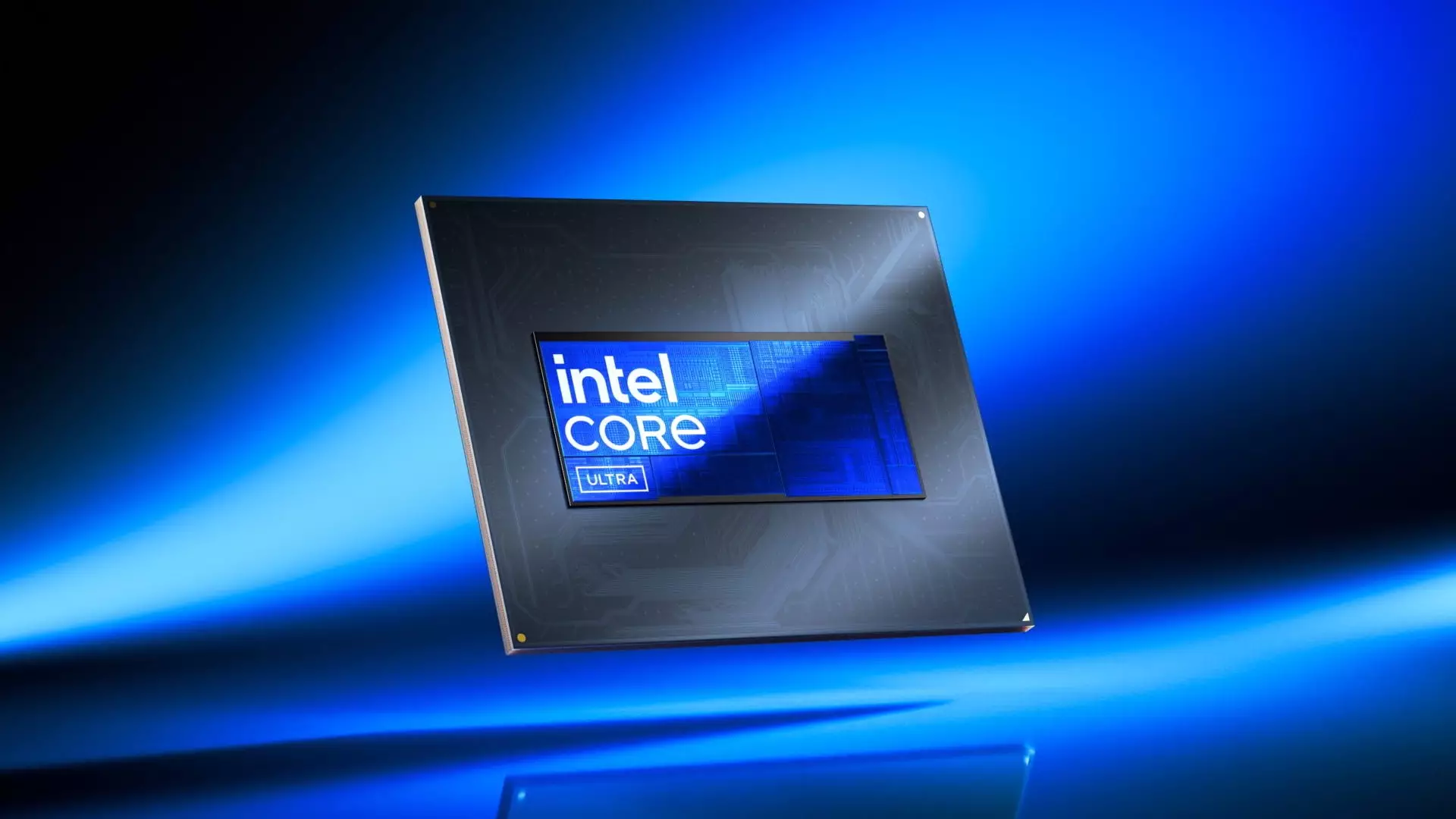In the fast-paced world of technology, companies must evolve or risk becoming obsolete. Intel, a titan in the semiconductor industry, now faces a critical crossroads. With news surfacing from Oregon Live about potential job cuts, the company appears to be pivoting its marketing strategy towards the use of artificial intelligence through a partnership with consultancy firm Accenture. This decision raises significant questions about not only the future of Intel’s workforce but also its competitive edge in a brutally competitive market.
The core of this transition seems to stem from a widespread perception that Intel has fallen behind its rivals. A memo from the company indicated that feedback from stakeholders highlighted a need for more agile decision-making and streamlined processes. In a marketplace where speed can dictate success, such recognition has sparked concerns over Intel’s reputation for sluggishness. The irony of a tech giant having to grapple with issues of speed and effectiveness is never lost; it prompts consideration of what systemic changes are needed at all levels of the company.
The AI Factor: A New Dawn or a Risky Gamble?
Intel’s turn towards AI-driven marketing raises a plethora of intriguing considerations. The company believes that AI can analyze vast data sets with immense speed and efficiency, automating tedious tasks and refining customer interactions. While these claims sound promising, one must critically assess the implications of such a fundamental shift.
The reliance on AI to guide marketing strategies could potentially streamline operations, yet it also runs the risk of alienating the human element that often drives consumer relationships. Indeed, the emotional intelligence and creativity that human marketers provide cannot be fully replicated by algorithms. We might need to question whether AI’s efficiency will truly enhance the customer experience or merely create a cold transactional atmosphere. This juxtaposition of speed versus genuine connection is something that marketers must embrace thoughtfully.
Moreover, the reported strategy of having existing Intel employees train their replacements at Accenture before their exit is laden with ethical quandaries. It stresses the precarious nature of job security in a tech landscape rapidly evolving under the force of automation. The specter of layoffs casts a long shadow, which may lead to diminished morale among the remaining staff and question the loyalty of current employees to a company that seems to be putting profits above people.
Rebranding: Crafting Identity in a Changing Environment
As part of this transition, there is an evident need for Intel to revisit its branding. It’s intriguing to consider ideas around rebranding, such as the suggestion of “Intel Titan X,” which proposes a bold identity transformation that resonates with power and high performance. The concept of associating the brand with strength and domination could effectively counter the current mixed perception surrounding Intel’s prowess.
Brand identity plays a critical role in consumer affinity, and perhaps Intel recognizes that a reimagined image is vital not only to attract consumers but also to regain the trust of stakeholders. The previous alphanumeric naming convention employed by Intel lacks the clarity and memorability that a powerful name could bring. An effective and memorable brand name can evoke emotion and loyalty, which Intel must harness if it wishes to remain relevant.
The Bigger Picture: Implications for the Industry
The overarching narrative here extends beyond Intel’s immediate challenges. It represents a broader trend within the tech industry, where not only marketing but also operational processes are increasingly being revolutionized by AI. Companies are forced to reconsider their human capital in favor of technological efficiency, a trend that urges us to pay close attention to the future landscape of employment across the tech sectors.
While the improvements associated with AI offer undeniable benefits such as cost savings and enhanced productivity, we must remain vigilant about the potential social ramifications. As we hurtle into an AI-driven future, questions surrounding job displacement, the quality of work, and the essence of creativity remain ever relevant. Intel’s current maneuvers could signal a pivotal moment for manufacturers, marking a shift in how they operate and interact in the marketplace. The balance between efficiency and humanity will be a litmus test that determines the long-term viability of such changes.

